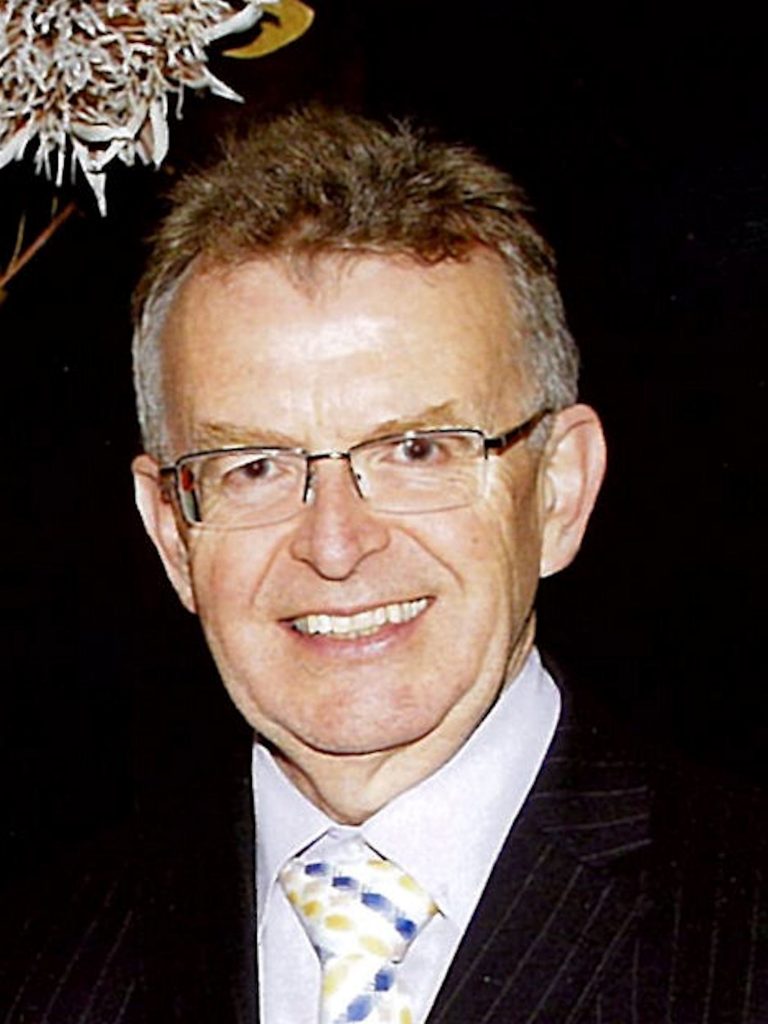 Greg Adamson
SSIT President
Greg Adamson
SSIT President I recently watched The Martian, a great advertisement for engineering. Back in the real world, I read an October 7, 2015, Bloomberg report laying responsibility for the VW environmental impact deception on “engineering-crazed executives.” Not a good image. In addition to the anticipated financial impact on the company, it is a setback to the credibility of technologists, one that brings ethics to the fore.
Ethics can be thought of in many ways, and here I want to mention two: the ethics we want, and the ethics we need. Both of these lead to the same conclusion, so they are complementary rather than alternative ways of viewing ethics.
The ethical values we want promote a world we want to live in. They reflect our values, including the values that made us want to solve problems, to become technologists. They provide whistle blowers with the spirit to stand up for what is right and reject what is wrong.
They are also hard for an individual to maintain in the face of commercial or other powerful self-interest. In the end, a hostile environment will drive the most principled technologist to seek shelter – a different role, a better organization.
The ethical values we need are those without which we can’t work. If we destroy public trust, the company or organization we work for fails. Failure to protect the environment may make the public a little suspicious of the ability of a car to protect their safety. In the future, cars will hold enormous amounts of data about their passengers. Are we more or less willing to trust that manufacturer with that data after the recent revelations?
This takes us back to the earliest engineering codes of ethics. IEEE can trace its Code back to 1912. Edwin Layton has written on this in his excellent book, The Revolt of the Engineers: Social Responsibility and the American Engineering Profession (Johns Hopkins University Press, 1986). He describes the early interest of professional organizations in engineering ethics as the quest for professional respect, like doctors and lawyers. In the following decades the question arose: is our primary loyalty to our employer, or to the public interest? Over time the public interest won, as professional organizations that promoted public interest grew and others stagnated. Public interest has since been embedded in consumer protection and other legislation.
When we think of our actions as solely ensuring that we hold true to our personal beliefs, we can feel very isolated. When we think of them as protecting our professional standing, the future of the organization we work for, and the livelihood of our colleagues, it is far less isolating.
Authors
Greg Adamson, 2015–2016 IEEE-SSIT President, is with the Melbourne School of Engineering, University of Melbourne, Australia. Email: g.adamson@ieee.org.






 JOIN SSIT
JOIN SSIT